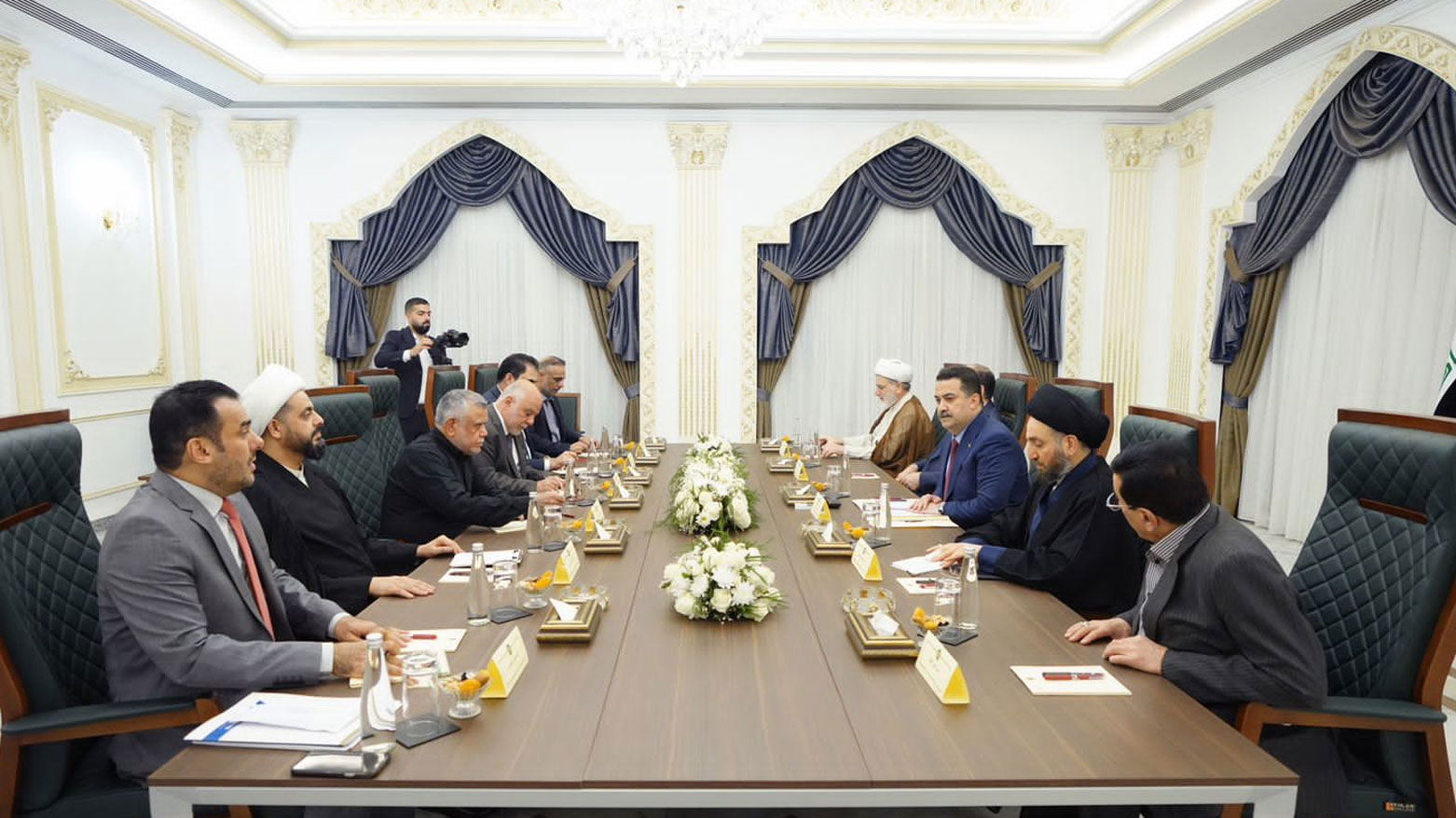Shiite Coordination Framework Splits into Three Lists in Tactical Move for Iraq’s Fragmented Elections
The decision to divide into three electoral lists is seen as a tactical move to broaden the coalition’s electoral appeal, particularly as Iraq’s political environment remains highly fragmented.

ERBIL (Kurdistan24) — The Shiite Coordination Framework (SCF) has officially announced that it will contest Iraq’s upcoming parliamentary elections through three separate electoral lists, aiming to maximize its share of seats. The elections are scheduled to take place on November 11, 2025.
According to a source within the Framework, quoted by Iraqi local media, major Shiite parties under the Coordination Framework umbrella have agreed to participate with three distinct lists. The decision was made "to secure the highest percentage of voter support, which would enable them to easily form the next government," the source said. The source added that dividing into multiple lists could potentially allow the Framework to gain more seats than it currently holds.
Alaa Nima Bendawi, a member of the Iraqi Parliament’s Security and Defense Committee, also confirmed the development. He told local media that "the Framework forces will split into more than one list in the elections to obtain a larger number of parliamentary seats and later unite as a broad political coalition to form the government."
Bendawi emphasized that the Shiite Coordination Framework’s parties are confident that after the election results are announced, they will reforge their alliance, leveraging their electoral strength and grassroots support to dominate Iraq’s political landscape.
Regarding recent tensions within the Framework, Bendawi downplayed their significance, explaining that withdrawals of some Shiite political factions were not critical but were rather expressions of dissatisfaction over a recent meeting between Iraqi Prime Minister Mohammed Shia' al-Sudani and Syria's president, Ahmed al-Shar’a, in Qatar.
The Shiite Coordination Framework is a coalition of Iraq’s most influential Shiite political forces, established after the 2021 parliamentary elections. It emerged in opposition to the Sadrist Movement and has been instrumental in shaping Iraq’s post-2021 political scene, culminating in the formation of the current government under Prime Minister Sudani.
The decision to divide into three electoral lists is seen as a tactical move to broaden the coalition’s electoral appeal, particularly as Iraq’s political environment remains highly fragmented. By running separately but pledging post-election unity, the Framework seeks to optimize its vote share among a divided electorate while maintaining its strategic advantage in government formation.
Internal disagreements have surfaced occasionally within the Framework, particularly regarding external diplomatic moves and leadership decisions. However, these tensions have so far not significantly fractured the coalition’s cohesion.
The upcoming elections are widely viewed as a critical juncture for Iraq’s political future, as the country continues to grapple with economic challenges, regional tensions, and demands for reform from its population.
